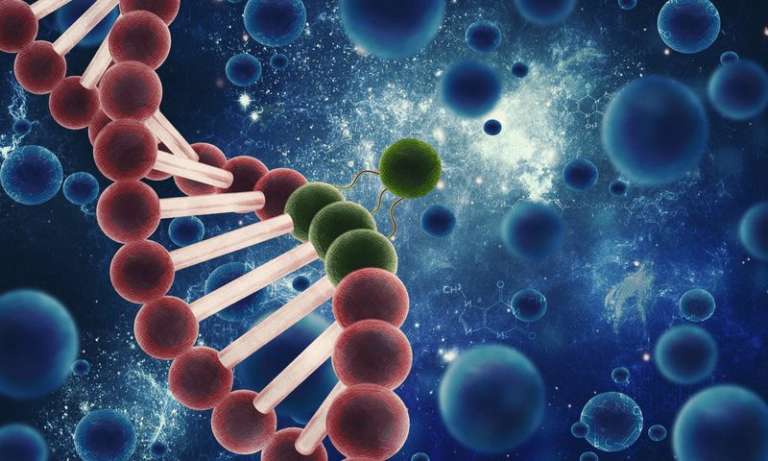Regenerative Medicine Allenwood NJ

Regenerative medicine Allenwood NJ is a cellular-level therapy that aims to improve the function of damaged or diseased tissue or organs by introducing cells to replace damaged cells. Today, regenerative medicine is being used to treat medical conditions across a range of medical specialties, including orthopedics, rheumatology, cardiology, neurology, and immunology.
Because of their ability to differentiate into cells that carry out the roles needed in a variety of organs, stem cells are an essential regenerative medicine tool. When stem cells are introduced into a damaged tissue or organ, they evolve to carry out the functions necessary, compensating for the damaged cells. As a minimally invasive process, regenerative medicine harnesses the natural capabilities of stem cells and the body’s own ability to heal, providing an opportunity to avoid invasive procedures. For patients with injuries or chronic diseases, regenerative medicine is a source of hope.
Scope of Regenerative Therapy
Stem cells, which occur naturally in the body, are “naive” or unspecialized. This means that, based on cues from their environment, these cells can transform into and assume the functions of a variety of different cells in the body. The ability to mature in a context-specific way is the key to the vast potential of stem cells in regenerative medicine. When injected into damaged tissue, stem cells specialize to carry out the necessary function in that particular area, improving symptoms and function.
What Is Regenerative Medicine?
Regenerative medicine may be defined as the process of replacing or “regenerating” human cells, tissues or organs to restore or establish normal function. This field holds the promise of regenerating damaged tissues and organs in the body by replacing damaged tissue or by stimulating the body’s own repair mechanisms to heal tissues or organs. Regenerative medicine also may enable scientists to grow tissues and organs in the laboratory and safely implant them when the body is unable to heal itself. Current estimates indicate that approximately one in three Americans could potentially benefit from regenerative medicine.
Regenerative Medicine refers to a group of biomedical approaches to clinical therapies that may involve the use of stem cells. Examples include cell therapies (the injection of stem cells or progenitor cells); immunomodulation therapy (regeneration by biologically active molecules administered alone or as secretions by infused cells); and tissue engineering (transplantation of laboratory grown organs and tissues). While covering a broad range of applications, in practice the latter term is closely associated with applications that repair or replace portions of or whole tissues (i.e., bone, cartilage, blood vessels, bladder, skin). Often, the tissues involved require certain mechanical and structural properties for proper functioning. The term has also been applied to efforts to perform specific biochemical functions using cells within an artificially-created support system (e.g., artificial pancreas or liver).
Cord Blood and Regenerative Medicine
Cord blood stem cells are being explored in several applications including Type 1 diabetes to determine if the cells can slow the loss of insulin production in children; cardiovascular repair to observe whether cells selectively migrate to injured cardiac tissue, improve function and blood flow at the site of injury and improve overall heart function; and central nervous system applications to assess whether cells migrate to the area of brain injury alleviating mobility related symptoms, and repair damaged brain tissue (such as that experienced with cerebral palsy). Cord blood stem cells likely will be an important resource as medicine advances toward harnessing the body’s own cells for treatment. Because a person’s own (autologous) stem cells can be infused back into that individual without being rejected by the body’s immune system, autologous cord blood stem cells have become an increasingly important focus of regenerative medicine research.
Regenerative medicine has made its way into clinical practice with the use of materials that are able to assist in the healing process by releasing growth factors and cytokines back into the damaged tissue (e.g., (chronic) wound healing). As additional applications are researched, the fields of regenerative medicine and cellular therapies will continue to merge and expand, potentially treating many disease conditions and improving health for a variety of diseases and health conditions.